Community: The Secret to Stopping Deforestation in Guatemala
The forest concessions of the Maya Biosphere Reserve have boasted a near-zero deforestation rate for 20 years.
A full third of Mesoamerica is covered in lush forest, which serves as home to scores of Indigenous and local communities, iconic wildlife, archeological wonders, and abundant biodiversity. While agriculture is the backbone of the region’s economy, it also drives deforestation and climate change.
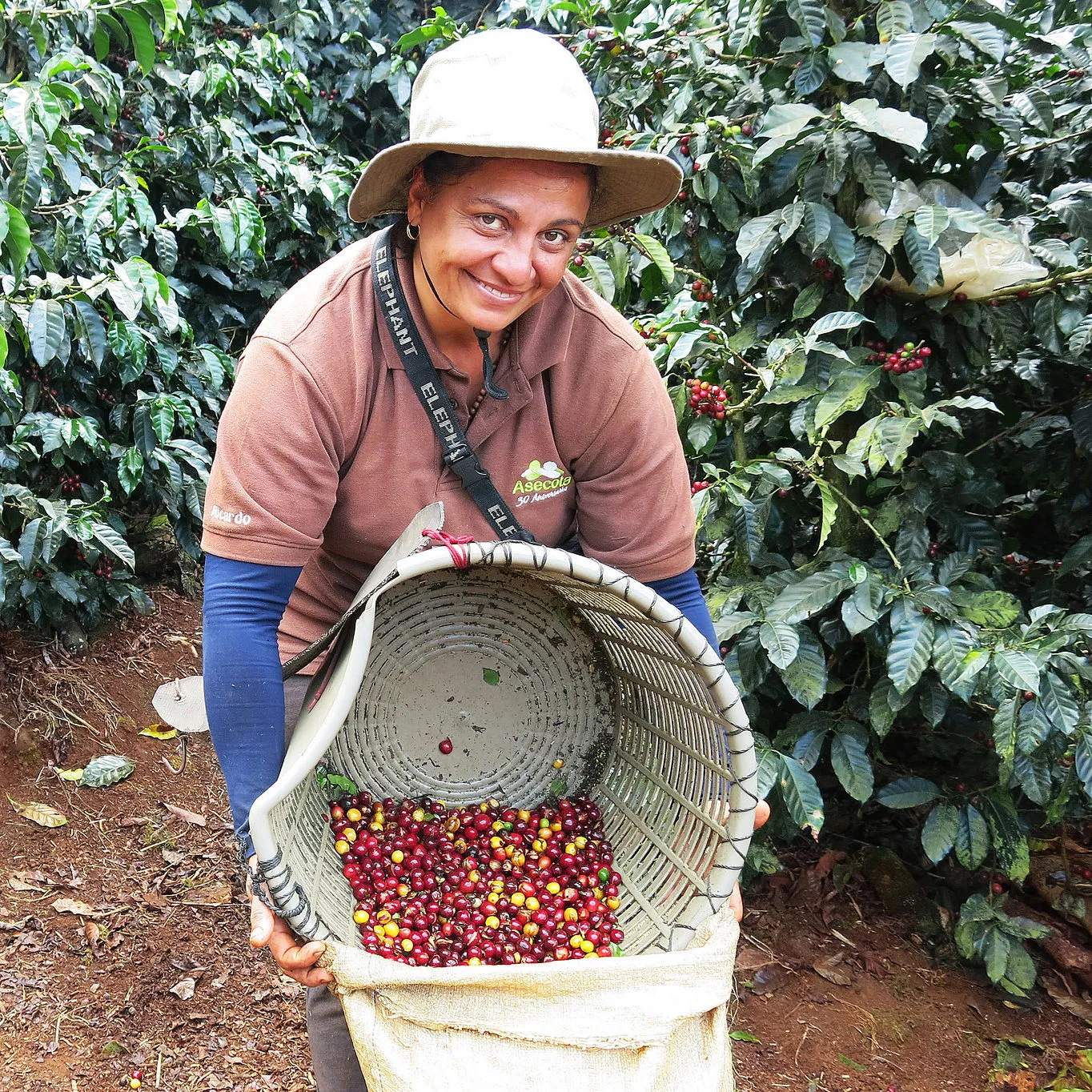
Prolonged droughts and frequent hurricanes are making it harder for farmers in Mesoamerica to make a living. A lack of access to international buyers and government support compounds the problem, leading some farmers to cut down forests for more cropland, while others migrate elsewhere in search of better opportunities.
Our community forestry work in the Selva Maya is recognized around the world as a stunning success for people and nature. We also work with certified farmers on producing crops like coffee, cocoa, and fruits sustainably.
Through our certification program, we work to improve the sustainability of 61,443 smallholder farmers, 233 farm groups, and almost 3,000 large farms across 700,000 thousand hectares. Almost half a million workers benefit from these efforts.
Data through 2023.
We worked with community forestry businesses to improve their conservation practices while achieving US$53 million in sales of forest products from 2013 to 2023. As a result, the communities conserved one million hectares of forest.
We always start by listening. We work with farmers and forest communities to develop solutions to their specific challenges—which range from a lack of investment and business skills to poor soils and droughts. Our agricultural certification program supports farmers and workers, while our forest work helps both forests and communities thrive.
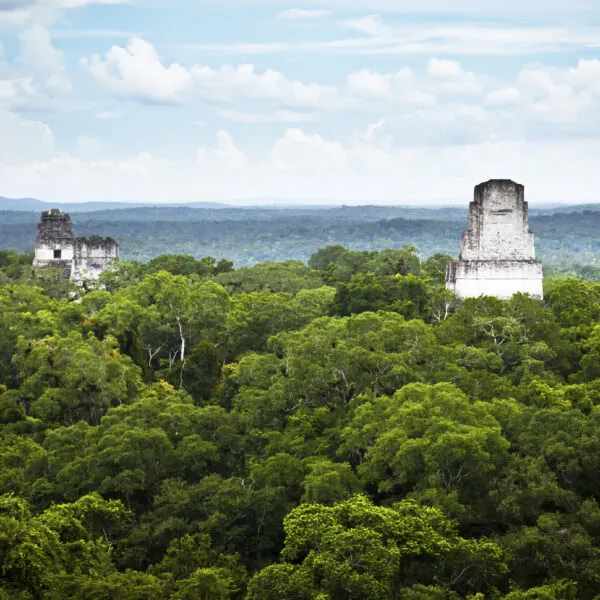
The forest concessions of the Maya Biosphere Reserve have boasted a near-zero deforestation rate for 20 years.
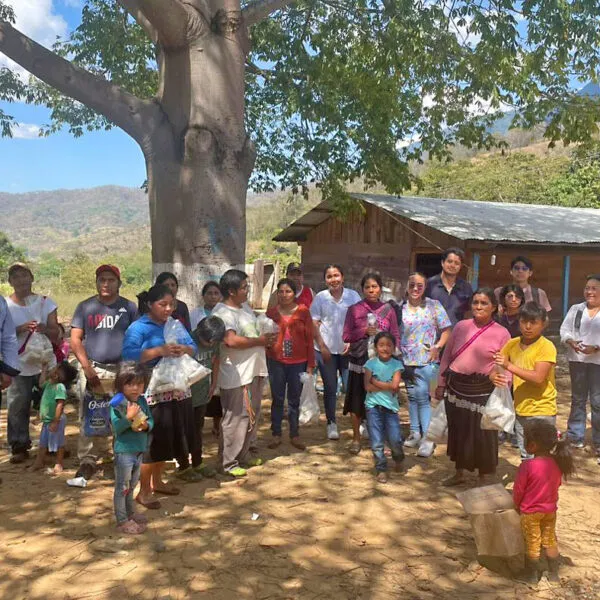
We worked with eight indigenous coffee-farming communities in Chiapas to build skills in fire prevention, business skills, and health and nutrition.
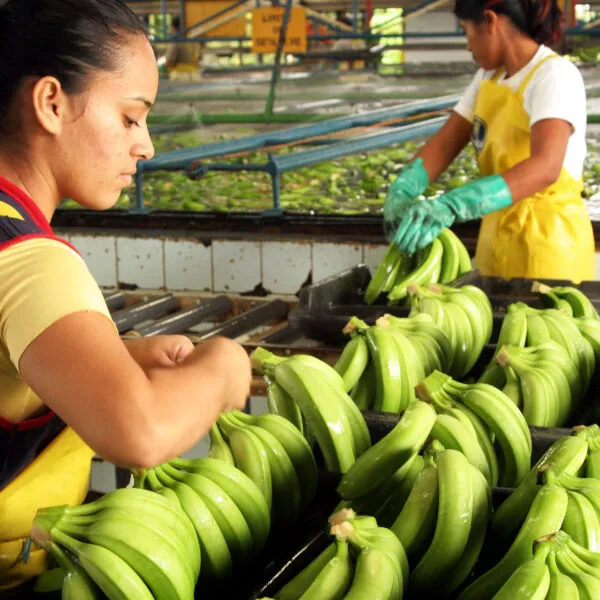
Rich biodiversity? Check. Well-treated workers? Check. Prepared for climate events? Check. Costa Rica's banana industry has a long history of worker abuse and environmental destruction—but these certified farms are proving there's a better way.
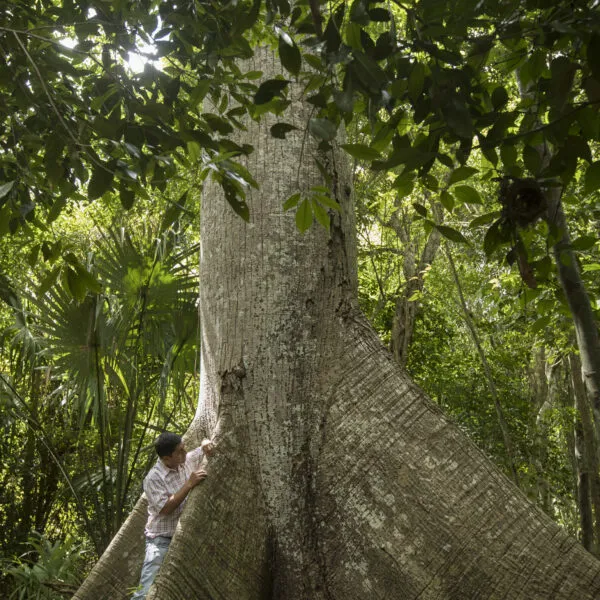
We are working to grow Mexico’s domestic market for sustainably produced products.

The northern Atlantic region of Honduras has vast production and forest corridors. The region offers excellent agroecological conditions for diverse and sustainable production of key commodities such as timber, shade-grown cocoa and cardamom, and exotic and citrus fruits. However, dominant production models are unsustainable, contribute to widespread production inefficiencies, and deteriorate the natural resources that […]

In Guatemala, large swaths of rural populations depend on ever-collapsing ecosystems and fast-disappearing natural resources for their livelihoods. Decreased incomes limit families’ ability to respond to weather- and market-related shocks, and unsustainable production practices put immense pressure on forests, further threatening livelihoods. Economic desperation leads many communities to turn to informal, temporary income sources, or […]

Women provide immense contributions to productive value chains globally. Throughout Mesoamerica, women work in the production of coffee, cocoa, cardamom, potato, and so many other crops that global markets demand. As part of our Women’s Economic Empowerment in Mesoamerica Initiative, the Rainforest Alliance and partners are working alongside women, including Indigenous women and youth, in […]

The new ‘Policy on WOs’ has been developed to align the Freedom of Association (FoA) requirements (5.2.1; 5.2.2; and 5.2.3) of the Rainforest Alliance 2020 Sustainable Agriculture Standard to the context of banana and pineapple farming operations in Costa Rica. It aims to recognize, in equal conditions, benefits to all Workers’ Organizations (WO), and access […]

A story in The Guardian exploring the challenges facing cocoa-growing communities in Chiapas, Mexico highlights how the Rainforest Alliance’s teams are working with local cocoa farmers to provide support in building resilience against climate change.
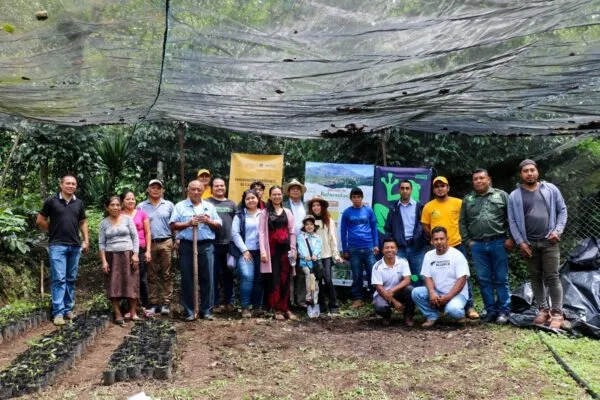
With support from OXO and 1% for the Planet, we are supporting local and Indigenous coffee-farming communities in Chiapas, Mexico, to adopt regenerative agriculture. ... Continue Reading
"*" indicates required fields
Thank you for your interest in partnering with the Rainforest Alliance! We collaborate with brands, businesses, and creators committed to sustainability, helping them drive impact while strengthening their brand.
Fill out the form below to explore cause marketing partnership opportunities. The more details you provide, the better we can align on a collaboration that helps create meaningful change.
Let’s make a difference for people and nature together!
"*" indicates required fields
"*" indicates required fields
"*" indicates required fields
Notifications